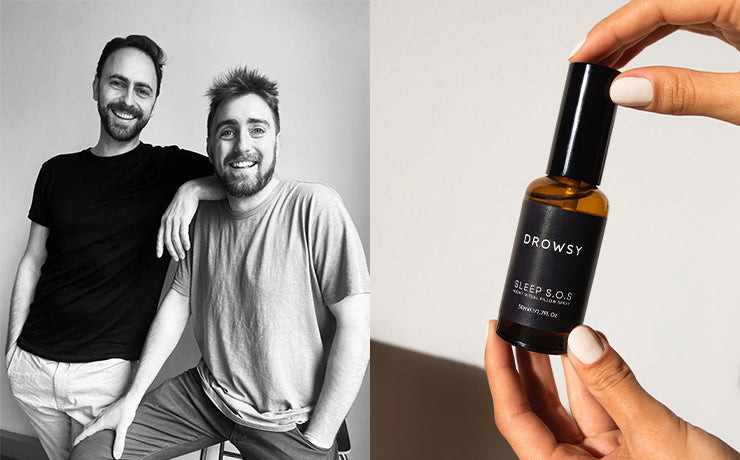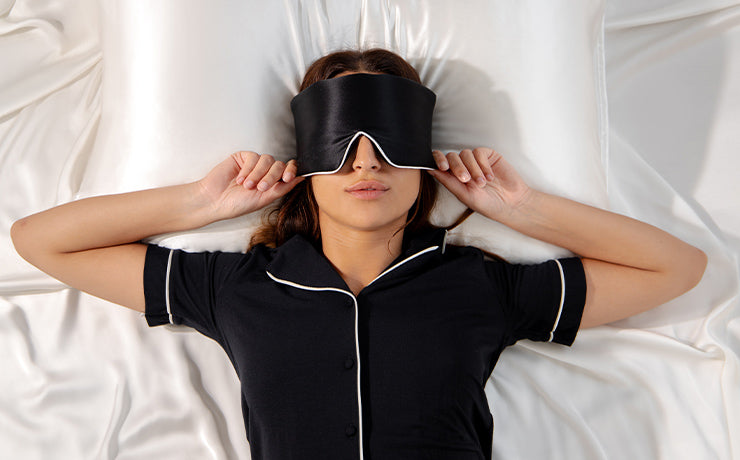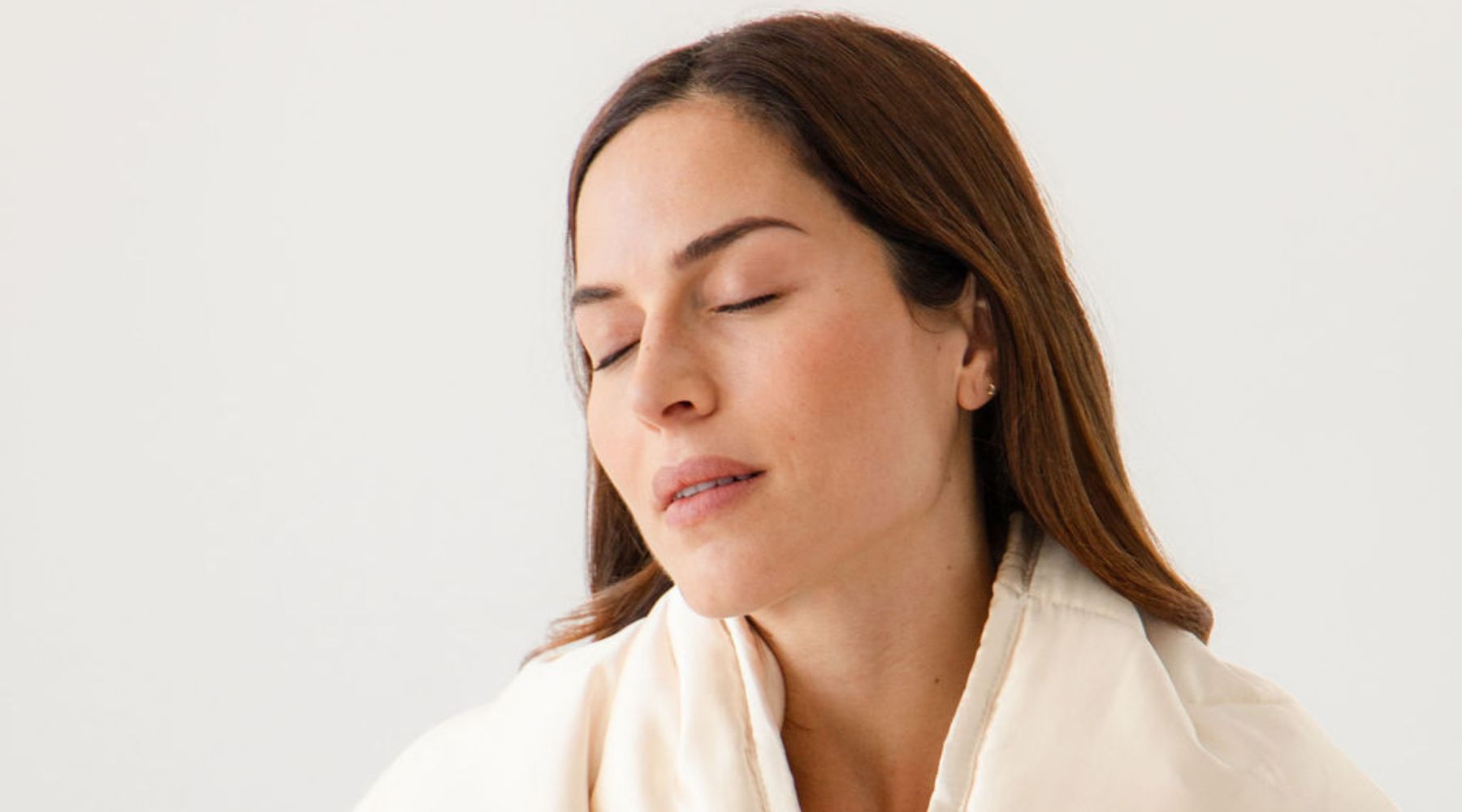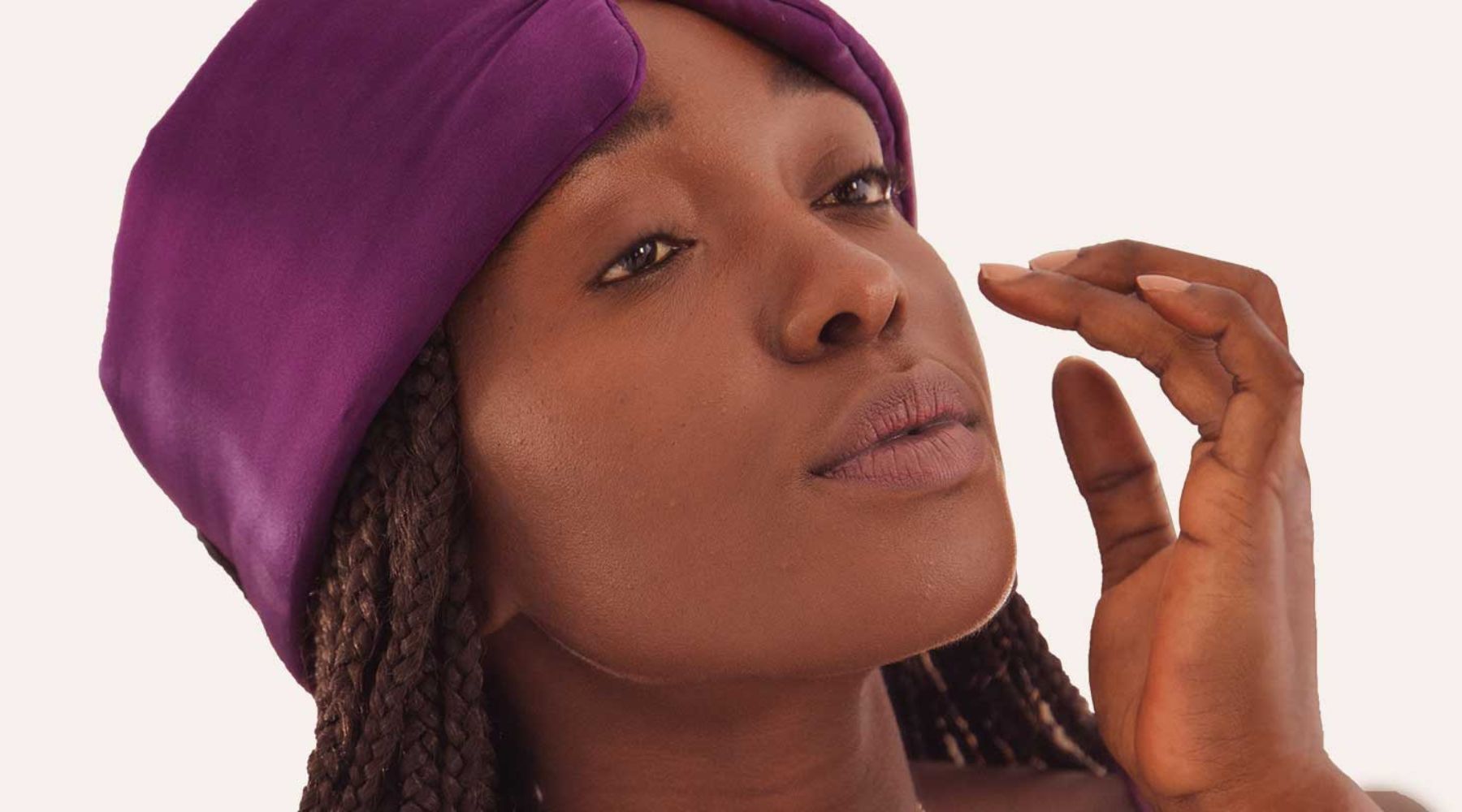Is your lack of sleep causing hair loss?
If you've noticed more hair in your brush or clogging up the shower drain, you might be wondering what's going on. Stress? Diet? Genetics? Sure, those can all be a factor. But did you ever consider that sleep deprivation could be part of the problem?
Yes, sleep disturbances aren't just responsible for dark circles and fatigue—they can also take a toll on your hair. If you've been skimping on restorative sleep, your locks may be the ones paying the price. But don't worry, there's hope! Let's explore how sleep influences hair health and what to do to awaken to stronger, healthier tresses.
The science behind sleep and hair growth
Your body does a lot while you sleep: healing, repairing, and regenerating. This includes your hair follicles, which are busy growing new strands while you snooze. But here's the thing: hair grows in cycles. There's the growth phase (anagen), the resting phase (telogen), and the shedding phase (exogen). This natural cycle can be thrown off when you don't get enough sleep. The result? More hair in your comb and less on your head.
Poor sleep can also increase the chances of stress-induced hair loss. Essentially, your body produces more cortisol (the stress hormone) associated with hair thinning and conditions like telogen effluvium, where hair suddenly transitions prematurely from the growth phase to the shedding phase. So, if you're pulling all-nighters, or are binge-watching your favourite series until 3 AM, your hair might not be thanking you for it.
Sleep deprivation and scalp health
Your hair strands aren't the only ones suffering when you're sleep-deprived; your scalp takes a hit as well. Lack of proper sleep can impair your immune system, which can make your scalp more susceptible to inflammation and disorders such as dandruff or even seborrheic dermatitis. Αn unhealthy scalp means weaker follicles, and (you guessed it) more hair loss.

How to improve your sleep for healthier hair
1. Prioritise sleep hygiene
Creating a consistent bedtime routine is more important than you think. Try to wake up and go to bed at the same time every day (and on the weekends, too). Limit screen time before sleep, avoid caffeine later in the evening, and have a calming wind-down routine.
2. Manage stress
If stress is keeping you up at night, try relaxation techniques like meditation and deep breathing exercises. Reducing stress will help improve sleep quality and boost your hair growth cycle.
3. Nourish your hair from within
Foods that are rich in vitamins and minerals such as biotin, iron, and zinc will work wonders in inducing hair growth while you snooze. Omega-3 fatty acids, naturally present in salmon, walnuts, and flaxseeds, are also helpful for keeping your hair healthy and shiny.
4. Hydrate and moisturise
Dryness can make your hair weak, leading to breakage. Make sure to drink enough water during the day, and if your hair is dry, consider sleeping on a silk pillowcase or covering your hair in a silk scarf to keep the moisture in at night.
5. Invest in a high-quality sleep mask
Your environment heavily influences your sleep, and a quality sleep mask can be the difference between a good night's sleep or a night disrupted by light. Meet Drowsy silk sleep masks, the ultimate game-changer for deep sleep. Designed from 100% mulberry silk, they don't just block out light; they also help protect your hair health.
Unlike cotton eye masks that create friction and can lead to breakage, silk is smooth on your strands, resulting in less frizz and less damage while you sleep. Plus, the added sleep benefits mean you're getting those precious hours your hair so desperately needs to thrive.
6. Upgrade your bedding for hair-friendly sleep
Believe it or not, your pillowcase could be contributing to hair shedding and hair loss. Normal cotton pillowcases create friction against your strands, leading to tangles, split ends, and even breakage while you rest. They can also draw moisture from your hair, making it dry and brittle.
On the other hand, a silk pillowcase, like the ones from Drowsy, can do wonders for hair and sleep health. Silk feels ultra-smooth and soft against your strands, minimising friction and preventing damage. It also preserves your hair's natural oils, keeping it hydrated and healthy. Pair it with a Drowsy sleep mask, and you've got the ultimate beauty sleep setup.
7. Use padded scrunchies to protect your hair overnight
Tying your hair back while you sleep can prevent tangling, but regular hair ties often cause breakage or leave dents. Padded scrunchies are a gentler option. They reduce tension on the scalp and strands while keeping your hair secure through the night.
For an even better sleep setup, try Drowsy's padded silk scrunchies. They're extra wide, ultra-soft, and designed to hold your hair without pulling or creasing. Made from pure mulberry silk, they help retain moisture, reduce friction, and keep your hair looking healthier when you wake up.

Prioritise sleep for stronger strands
If you have been skimping on rest, it may be time to rethink your sleep habits; your hair (and general health) will appreciate it. And if you're serious about quality sleep, Drowsy can help. Our products not only help you get a peaceful night's sleep, but they also protect your hair, keeping it smooth, frizz-free and healthy. So, the next time you want to stay up late on your phone, remember that your hair is counting on you to get those Zzzs!




